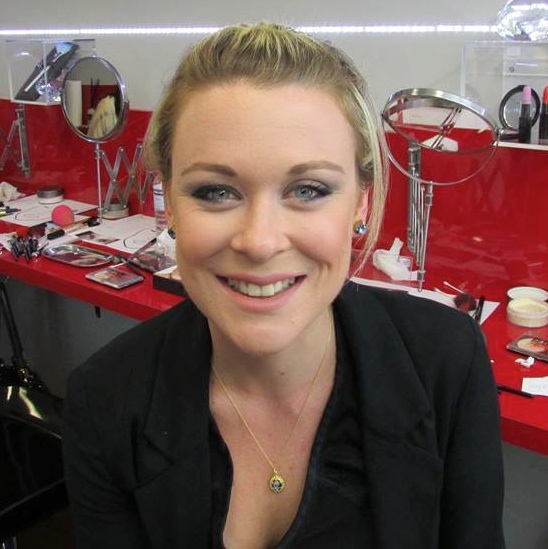I am excited to look at the amount of success the cannabis industry saw in 2015 and know that 2016 and the next five to eight years will see even more growth. With the upcoming presidential election and ten states that have either a medical or adult use legalization initiative on their ballot, the industry could rapidly accelerate.
Five of the states listed are located on the East Coast. The industry has, almost solely, existed in the West and it is relieving to see the East finally catch on. We saw the East grow more of a presence in 2015 than any other year. New Jersey is beginning to settle into it’s market, Delaware is getting off the ground slowly, Maryland began accepting license applications and New York, Connecticut, Massachusetts and Rhode Island have initiated medical programs. Now, there are eight potential states in the Northeast that may vote on cannabis in 2016.
I predict that we will see the Northeast become very research focused. There are five ranked medical institutions in the North East Region alone.
Philadelphia in particular has an incredible opportunity to become a research hub in the industry. In Philadelphia, there are three medical schools ranked top 100 in the country, and one that is ranked in the top five. When colleges and universities with clout like this step out and back medical cannabis research, more are soon to follow suit.
Last year I spoke with Dr. Marcel Bonn-Miller, researcher and faculty member at the University of Pennsylvania, Perelman School of Medicine. Dr. Bonn-Miller previously received two grants from Colorado to study the effects cannabis has on patients who suffer from PTSD.
While speaking with Dr. Bonn-Miller, we discussed how the University of Pennsylvania is involved with these studies. “Penn has always supported my work,“ he says. “They helped me all throughout the application process, making sure that I had everything I needed to receive the grants from Colorado.” Dr. Bonn-Miller also shared that he feels there are many opportunities for the other universities in Philadelphia to do the same.
When the industry loses the stigma people associate with cannabis, it will invite more professionals into the market, as well as top research programs. Currently not many top ranked organizations attempt to conduct research because of the difficulty to receive approval from the government.
“We’re only at the very beginning, essentially like being at the very beginning of Sir Alexander Fleming discovering penicillin as mold in a petri dish,” said Leslie Bocksor in an interview with CNBC. “That’s how it started, and now how broad are antibiotics as a category of medicine? In the same sense we’re just looking at the very beginning of cannabis.”
This industry is still relatively young. There is a tremendous amount that we have yet to learn until more research is done. When the barriers to research are removed, I believe we will see money put into research programs, helping to improve standards for quality and safety.





